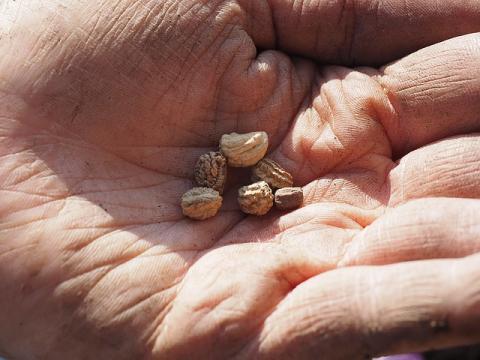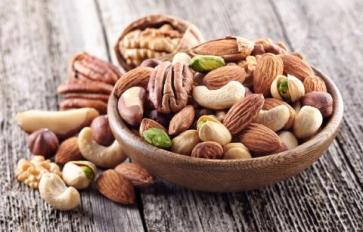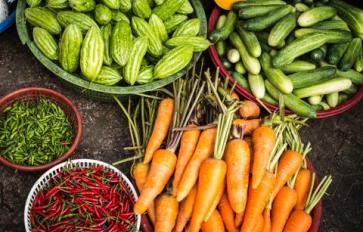
Knowing how to save seeds will help you garden more effectively and sustainably. Seeds that have been stored appropriately not only germinate better, they also last longer, too. Whether you are saving your seeds for short- or long-term use, it is always a good idea to know a few things about storing and maximizing your seed storage life. With this in mind, I’ve provided 7 tips that will help you store seeds effectively.
Tip # 1: Give your plants proper time.
Give your plants an adequate time to grow and mature before collecting their seeds. When storing fruit or vegetable seeds, make sure your seeds are from a ripe fruit or vegetable. If you’re storing seeds from plants with pods, allow the plants to die off naturally before collecting the seeds. This should take anywhere from 4-6 weeks after they have been harvested.
Tip # 2: Freeze your seeds for longer saving.
Freezing your seeds will help them last longer than if you decided not to freeze them. Freezing seeds is said to place the seed-embryo into suspended animation, reducing its need to consume any of the sugars that are within the casing. This greatly increases the seed’s storage time. There is really no need to freeze them if you are saving your seeds for a short period of time.
Tip # 3: Place seeds in an air tight jar.
Using an air-tight, freezer safe mason jar instead of a plastic bag will actually help the seeds to last longer. They are also more earth-friendly because you can reuse them more frequently then airtight plastic bags or containers. And here at Basmati.com, we’re all about sustainable gardening!
Tip # 4: Use diatomaceous earth for storing.
By placing a small amount of diatomaceous earth in with your seeds, you can keep out the eggs of pests that could potentially destroy them. Diatomaceous earth is organic, and comes from a natural sedimentary rock, which is then crumbled into a fine white-like powder.
Tip # 5: Save heirloom seeds only.
Don’t waste your time saving seeds that come from hybrid plants because they are lower in quality than their parent seeds. Plants grown with heirloom seeds are more stable, and they consistently yield the same characteristics year after year. Heirloom seeds can be saved for future plantings, whereas hybrid seeds cannot. So if you want to garden sustainably, choose heirloom seeds.
Tip # 6: Thoroughly dry seeds.
Your seeds must be completely dry before you can store them. The dryer the seeds, the longer the seed-life. You can choose to let them sun dry by spreading them out in sunlight for 6 hours. When doing this, use a thermometer to ensure the temperature stays near 100 degrees Fahrenheit. A conventional oven or a dehydrator can be used to dry them as well. Place them in the oven or dehydrator at 100 degrees Fahrenheit for 6 hours. It is crucial that you do not let your seeds get above this temperature, or they may not germinate successfully. While I prefer drying seeds in the sun, some find it easier to manage the temperature using an oven or dehydrator. Do what works best for you.
Tip # 7:
Always store your seeds in a dark area and out of sunlight in order to ensure longer storage life. You can store them in a dark cabinet, shelf, freezer, or even cover them up with a thick dry cloth.
Remember, having good seeds means growing a good garden. By storing your seeds successfully, you are ensuring the future growth of the plants you choose to cultivate. I greatly expect these organic gardening tips to help your seeds and your garden prosper.
Stay tuned for more organic home gardening tips and ideas!








